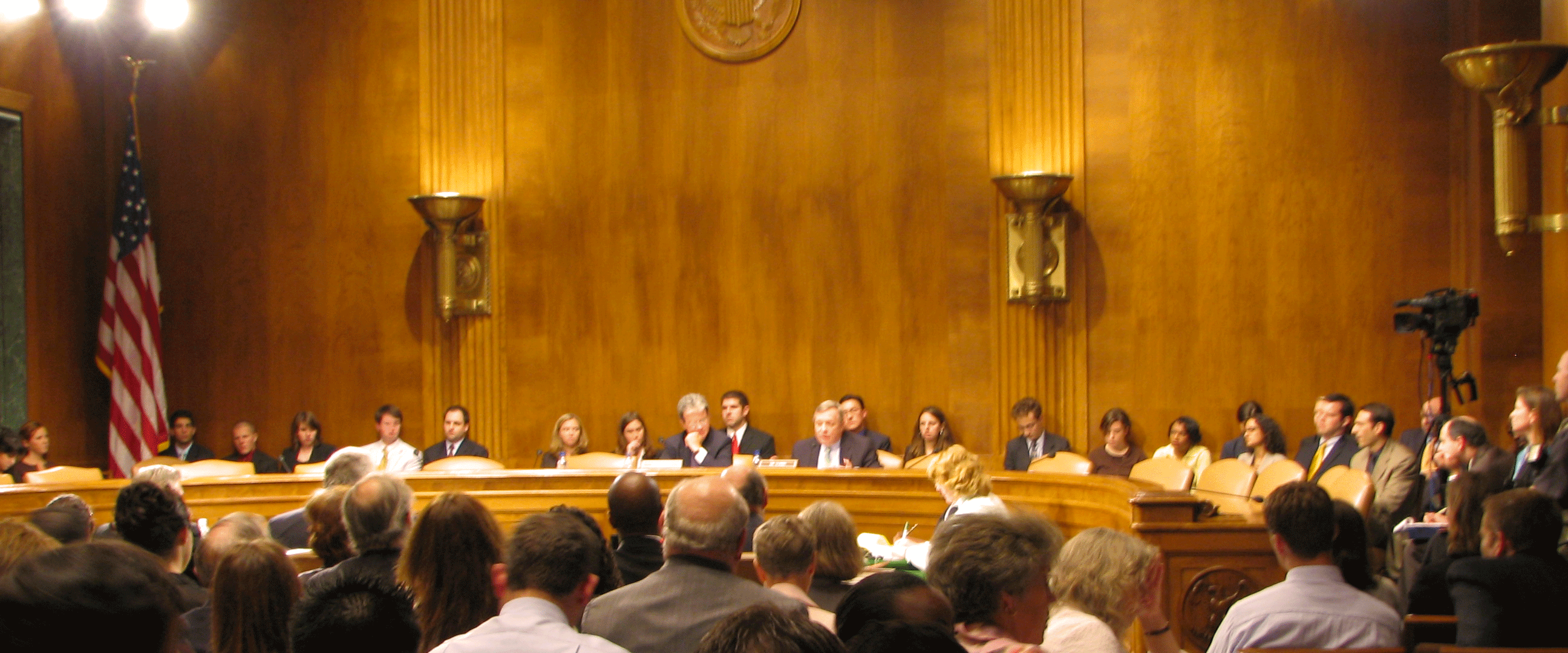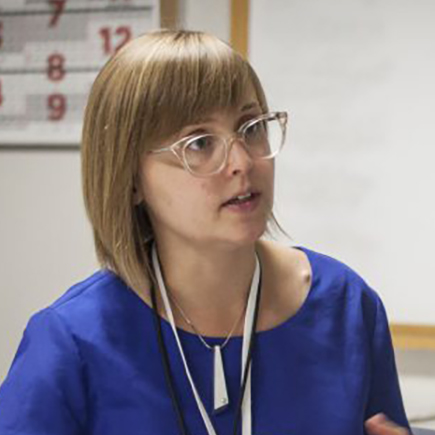Community Engagement Interagency Collaboration Jail Populations November 24, 2015
We are at a unique and historic moment in the U.S. where there is considerable social and political will to end mass incarceration. But achieving effective and sustainable decarceration will require more than just a moment. A decarceration movement is needed — one that fully acknowledges the devastating effects of mass incarceration and challenges the way we think as a society about incarceration’s purpose and function. And in order to do so, it must engage the leadership and expertise of people who have themselves been incarcerated — in both prisons and jails.
Several weeks ago, the Smart Decarcertion Initiative, which we lead, held its inaugural conference, From Mass Incarceration to Effective and Sustainable Decarceration. This was the first national conference on decarceration of America’s jails and prisons, bringing together leaders in policy, practice, research, and advocacy. What made the conference unique and transformative were the leading voices of formerly incarcerated individuals. This was no accident: from the beginning, our initiative partnered with JustLeadershipUSA, an organization whose mission is to empower people most directly affected by incarceration to drive policy reform.
At the conference’s opening, two formerly incarcerated individuals who are leading advocates for criminal justice reform — Glenn Martin, who founded JustLeadershipUSA, and Reverend Vivian Nixon, Executive Director of the College and Community Fellowship — discussed the importance of voices like theirs in a decarceration movement. They ask us to consider other human rights movements in our nation’s history that involved major shifts in norms as well as legislative and policy reforms. Could a women’s movement have succeeded without women spearheading the call to change, or a gay rights movement without the leading voices of LGBTQ people?
However, as groups on criminal justice reform are being founded across the country, formerly incarcerated individuals are often not represented in substantive ways. Although many groups are striving to do the important work of decarceration, it is actually a rarity when these coalitions and task forces have leadership representing the very people they are aiming to help.
As local groups form to take up the work of jail decarceration, we challenge them to imagine what greater impact, support, and solutions could be generated with formerly incarcerated individuals among their leadership.
During a keynote address at our conference, Ronald Simpson-Bey, who spent 27 years in prison on a conviction that was overturned due to prosecutorial misconduct, shared the stage with Glenn Martin and John Chisholm, District Attorney of Milwaukee County, one of the twenty jurisdictions selected to participate in the Safety and Justice Challenge. It was an improbable combination — two formerly incarcerated individuals and a district attorney — discussing the important role of prosecutorial reform in achieving decarceration. But this unlikely grouping is a model for exactly the kinds of important conversations that must take place across the country as jurisdictions bring together stakeholders to rethink their use of local jails and prisons.
When formerly incarcerated individuals and organizations that represent them have a seat at the table — not as an afterthought or a token gesture, but as a leader and partner — exciting things can happen. Decarceration efforts will be more likely to address the needs of people in jails, and new strategies will be less likely to cause undue harm and unintended consequences. And, in big and small ways, these partnerships and conversations will chip away at stereotypes about formerly incarcerated people and their capacity for leadership.
Undoubtedly, successful decarceration strategies must integrate policy and practice innovations and bring the very best research to bear on this major social challenge. But building a decarceration movement that has real and lasting impact requires us to question and change many of our views about incarceration and the incarcerated. There are 731,000 people in jail on any given day and nearly 13 million people cycle through jail or prison each year. Their perspectives, voices, and leadership are essential to advancing a decarceration movement that will inspire passion, investment, and a shift in narrative about where we have been and how best to move forward.
Matthew and Carrie are the co-founders and co-directors of the Smart Decarceration Initiative.
This post originally appeared on Medium.com.

